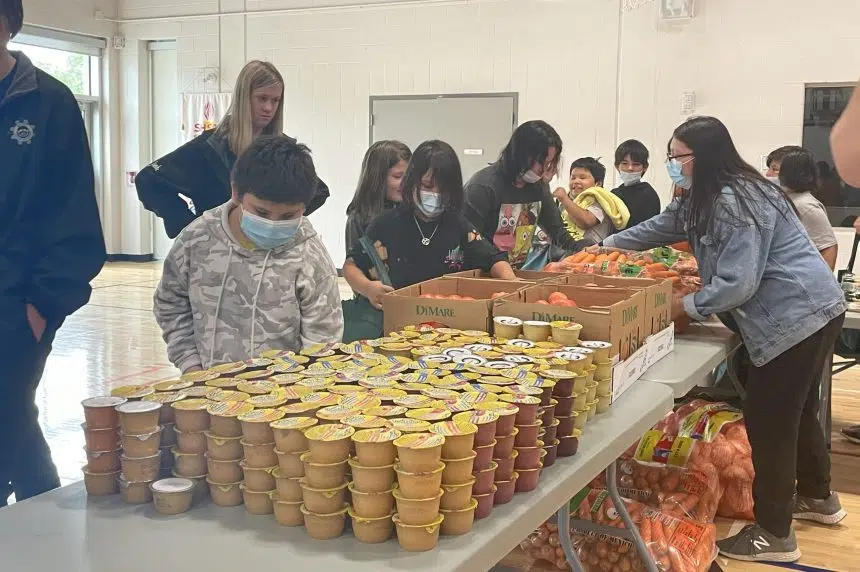Food insecurity was a major issue for Canadians in 2022 and it is projected to worsen this year, according to a study released Wednesday by Canada’s largest “food rescue” organization.
Second Harvest surveyed more than 1,300 charitable organizations across the nation and found they expect to serve 60 per cent more people in 2023 — on top of a 134 per cent increase in 2022.
In total, 70 per cent of the organizations surveyed said they’re in need of both food and funding.
“It is a new year, but there is no resolution in sight for Canada’s food insecurity problem,” Lori Nikkel, CEO of Second Harvest, said in a media release.
“The end of COVID supports, food inflation and flat wages are all contributing to increased reliance on food charity. Without systemic change, food insecurity will only get worse in Canada.”
The non-profit organizations surveyed said they anticipate a $94-million shortfall this year.
There has been a 214 per cent increase in food programs in Canada since the pandemic began.
Nikkel said that ultimately while food banks are helping to treat the problem of food insecurity, they’re not going to be able to solve it.
“Access to food is a human right, not a privilege,” she said. “In the long term, individuals need government support like income regulation that’s indexed to inflation and solutions for affordable housing so that non-profit food programs are not needed in the first place.”







